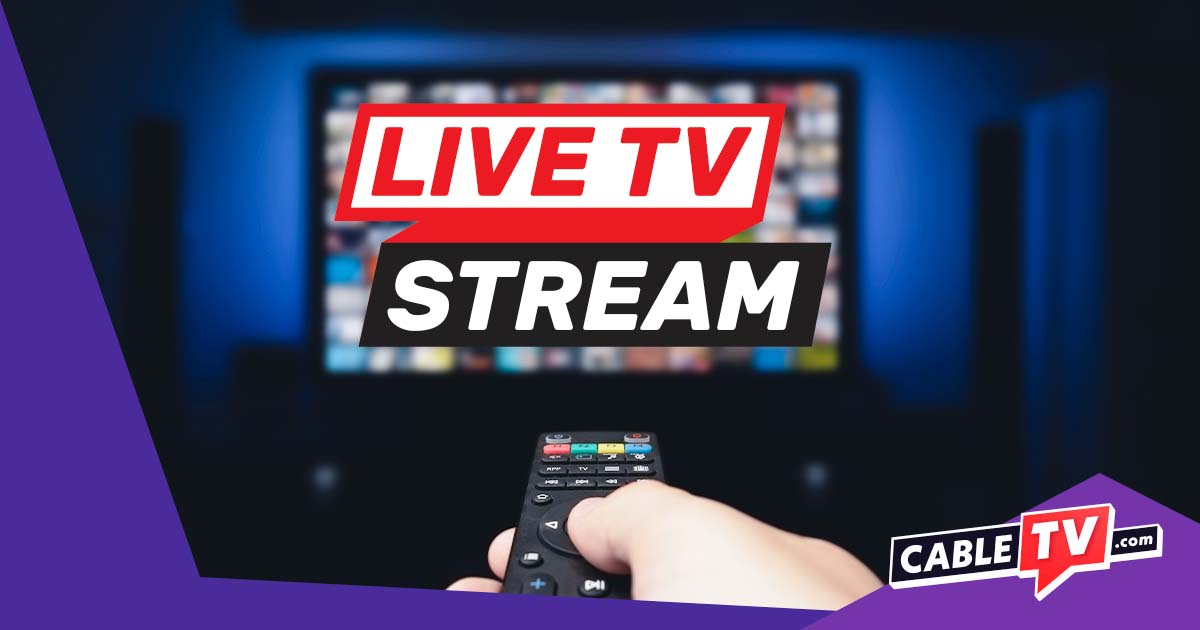The FCC Shuts Down the Cable and Satellite TV “Junk Fees” Inflating Your Monthly Bill
Last week, the Federal Communications Commission voted 3–2 to finally address “junk fees” hidden in TV bills. Cable and satellite companies must now disclose every charge or fee customers will pay. Going forward, consumers shopping around for these TV services will see the all-in price, not the more attractive, lower monthly cost minus extra hidden fees.
Cable and satellite companies argue that the ruling is unnecessary because they already inform customers upfront of every fee included—usually in ultrafine print, but it’s there.
“Our members clearly disclose the specific amounts of the fees that will apply and the total amount customers will pay for service,” reads a statement from NCTA—The Internet and Television Association. “Thereby ensuring that customers are not ‘surprised by unexpected fees.’”
It’s a weird flex to oppose being pushed to offer up payment information they say they’re already providing, but cable and satellite companies have their reasons."
It’s a weird flex to oppose being pushed to offer up payment information they say they’re already providing, but cable and satellite companies have their reasons.
On average, according to consumer advocates, cable and satellite bills are inflated by 24% to 33% with advanced receivership fees, broadcast TV fees, equipment usage fees, and other charges baked into the final tally. With some TV services, this adds up to an extra $50 a month that wasn’t in the sales pitch.
“No one likes surprises on their bill,” FCC Chairwoman Jessica Rosenworcel said in a prepared statement. “The advertised price for service should be the price you pay when your bill arrives. It shouldn’t include a bunch of unexpected junk fees that are separate from the top-line price you were told when you signed up.”
Internet-based live TV streaming services like YouTube TV and Sling TV aren’t covered by the FCC’s action (yet) because they typically include far fewer, if any, extra fees in their monthly subscription bills. Also, unlike most cable and satellite TV services, live TV streaming services don’t lock customers into annual contracts or require rental equipment.
The largest extra expense with live TV streaming services is usually an RSN (regional sports network) fee, whether you watch the channel or not. That NHL team you’ve heard of in the state next door? You might be paying for a rink-side season ticket and not even know it.
Want more TV news?
Sign up for our newsletter to stay tuned for the latest TV news, plus recommendations deals, contests, and more.
By signing up, you agree to our Privacy Policy & Terms and Conditions.
One of the biggest surprise charges included with cable, satellite, and some live TV streaming services is a local channel fee. Meaning, you’re paying extra for the convenience of watching your area’s ABC, CBS, FOX, NBC, or PBS station on your TV service rather than for free with an over-the-air antenna.
Sling TV has offered antenna solutions for local channels for years in order to keep its plans relatively cheap. Similarly, DIRECTV STREAM is now offering less-expensive live TV streaming plans that exclude local channels. If your TV service carries local channels, the cost is in there somewhere.
The FCC’s “junk fees” decision likely won’t fatally impact cable and satellite TV companies—they were “already disclosing the information,” right? It might, in fact, even help them. After decades of consumer distrust and falling subscription numbers, maybe the appearance of full disclosure will lure new and former cable and satellite TV customers into the fold.
Either way, always read the fine print. Those decades of consumer distrust aren’t unfounded, no matter what the service.





